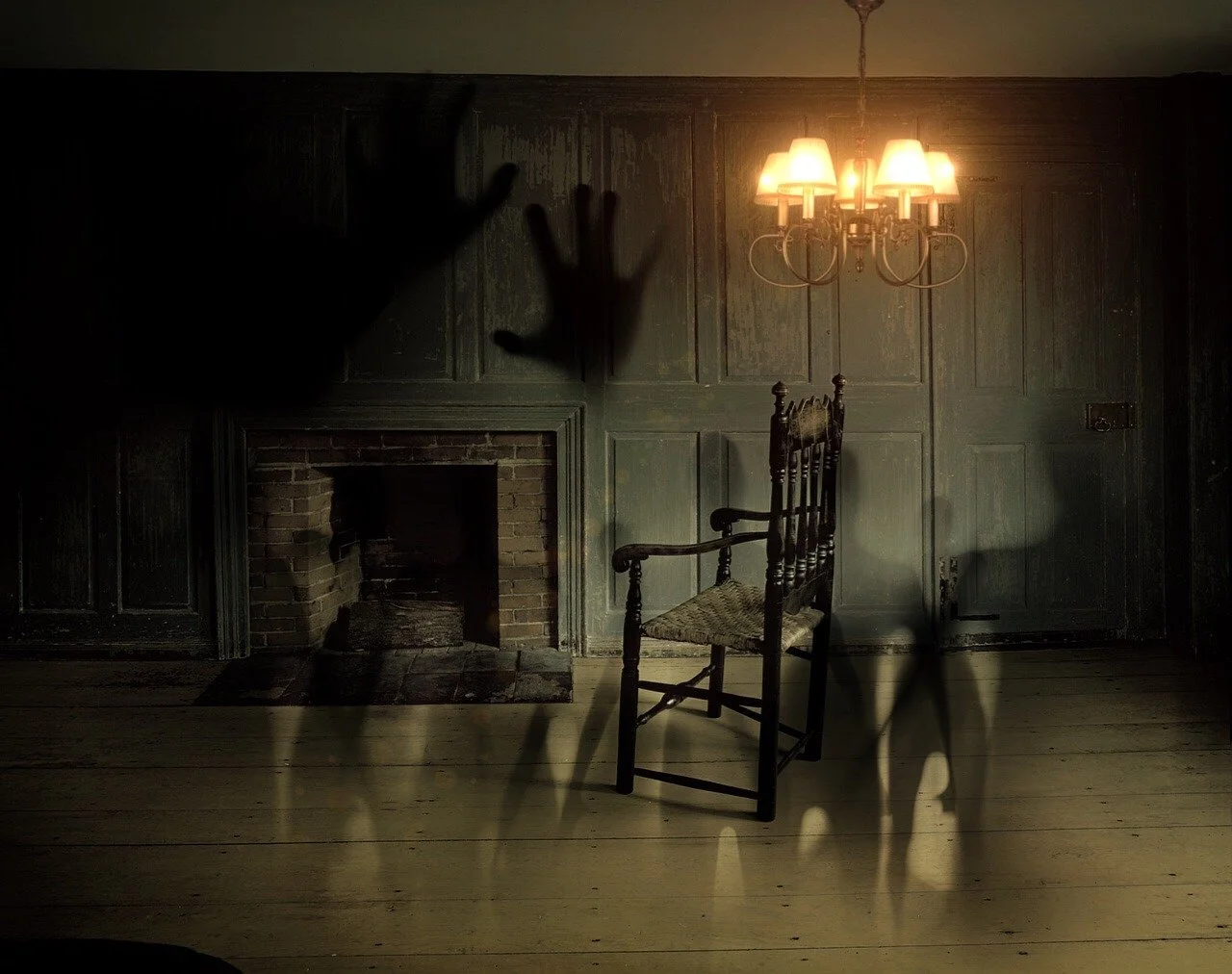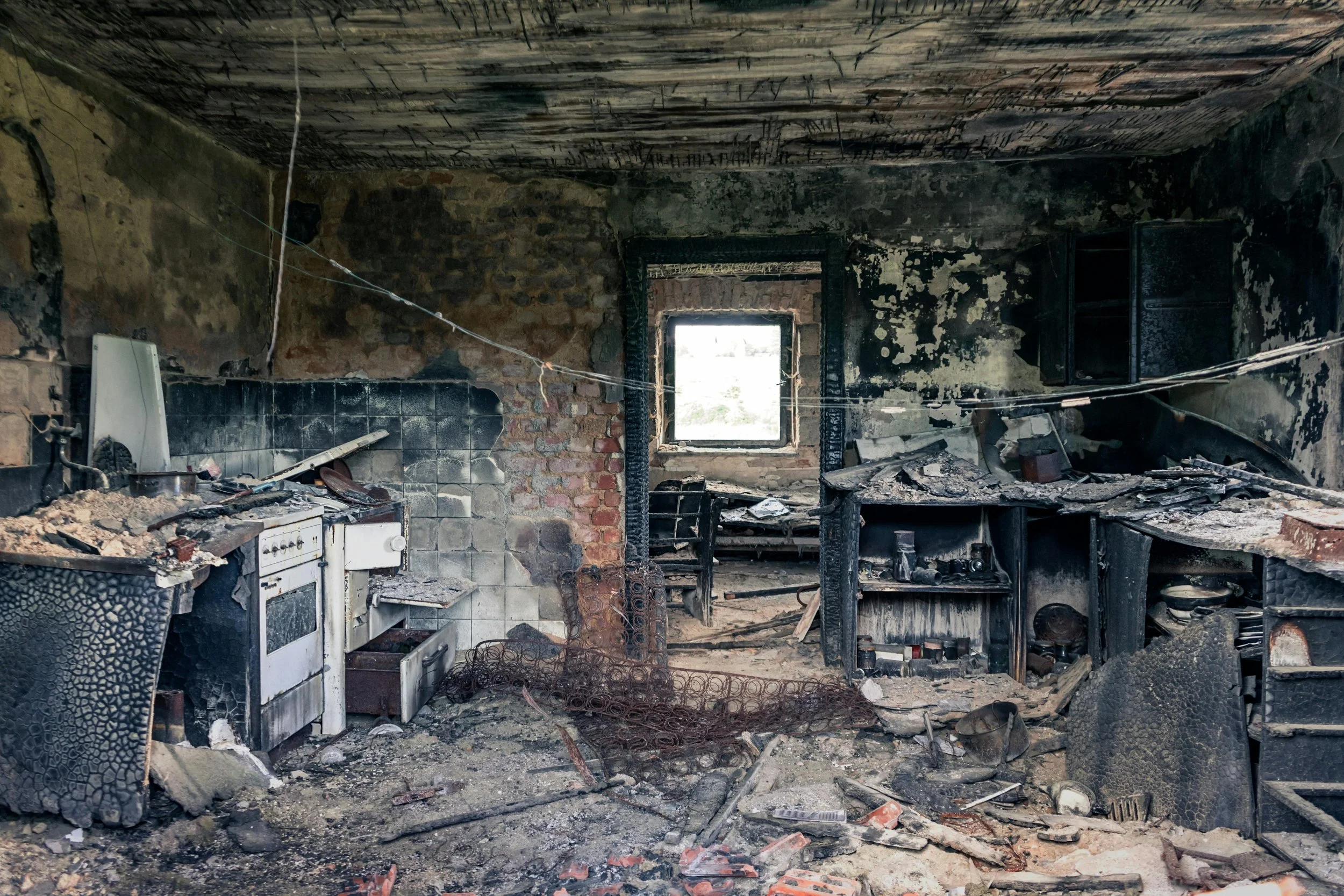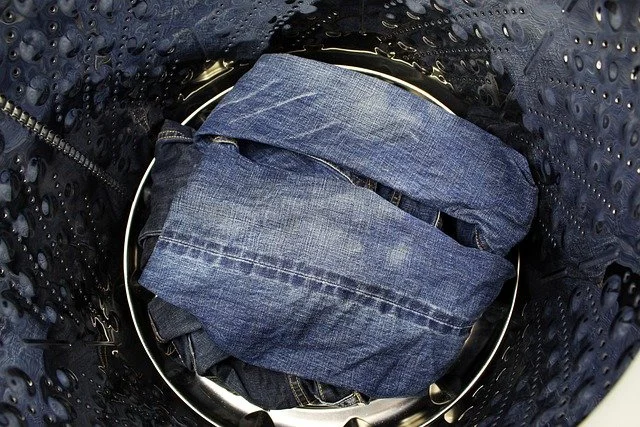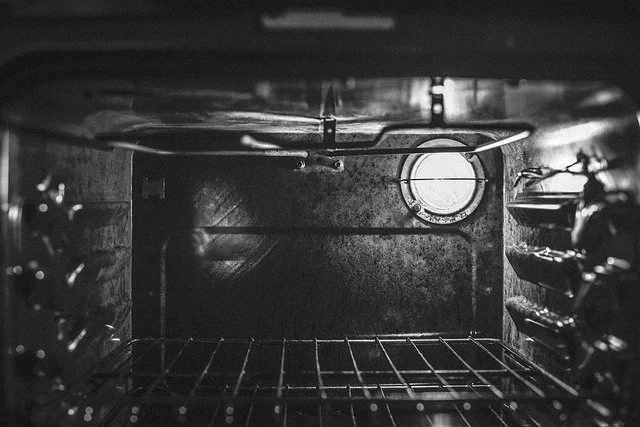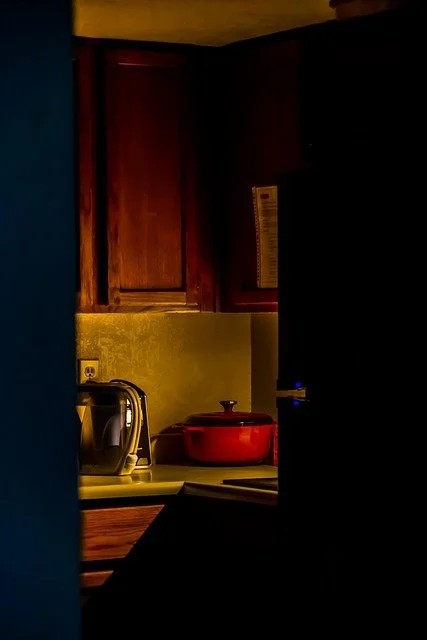Modern technology, old wiring, and the mysteries of everyday appliances
This time of year is all about the spooks and scares, tricks and treats, but you don’t want that in your home. There’s nothing worse than having your home sound, smell or act like it’s haunted and you have no idea why or how to fix it.
Join us this week for five spooky stories collected from across the internet of haunted homes, and what was really behind them.
The Haunted Microwave
It always starts on a quiet night. A cup of tea, a few quiet minutes to yourself — and then, the hum.
A woman sat in her kitchen after the rest of the house was quiet, scissors snipping away at her crafts. The house was still until the familiar whir of her microwave started up on its own. She hadn’t touched . When she tried to stop it, the buttons didn’t respond. Even opening the door didn’t help — the turntable kept spinning, the machine whirring like it was possessed. Eventually, she managed to stop it, heart pounding. But fifteen minutes later, it happened again — this time, her convection oven below joined in the chaos, flicking on by itself.
It’s easy to imagine something supernatural at play, but the truth was far less ghostly — and far more practical. In homes where the microwave is stacked over an oven, wiring issues between the two can sometimes cause strange “cross talk.” A short or surge in the shared circuit can make them behave unpredictably, even power themselves on.
This homeowner did exactly what she should have: she called an electrician to inspect the system. Nothing spooky, just a wiring fault waiting for the right moment to show itself. The moral? Flickering lights and misbehaving appliances don’t mean your house is haunted — they mean your wiring is crying for help.
Twice Cursed: A Washer’s Flooding Nightmare
Some horror stories strike once. This one came back for a sequel.
In Pennsylvania, a homeowner’s brand-new front-loading washer turned her laundry day into a disaster movie — twice. The first time, mid-cycle, the door burst open, sending thirty gallons of water gushing across the floor and down into the basement. Floors warped, drywall crumbled, carpet soaked — a total repair estimate near $24,000.
You’d think that kind of chaos would be a one-time nightmare. But after a technician “adjusted” a sensor and gave her the all-clear, the machine did it again a month later. The second flood finished what the first had started, and by then she didn’t need a repair — she needed an exorcism.
In the end, the manufacturer stepped in and replaced the washer. Her insurance covered the damage, and she got her peace of mind back. But this story is a reminder that modern appliances are powerful machines — and when one goes rogue, the damage can spread fast.
The lesson? Even a small leak can become catastrophic if ignored or brushed off. When your washer, dishwasher, or fridge acts up, don’t wait for “Flood No. 2.” Have a professional take a look right away — before your next load becomes a tidal wave.
The Smart Home That Wasn’t So Smart
Smart appliances are supposed to make life easier — until they develop a mind of their own. One homeowner learned this the hard way when her oven began turning itself on and off in the middle of the night. She swore it was haunted. After all, what else explains a glowing oven door in the dark?
The technician who arrived to “banish the spirit” found something even stranger: her smart oven had synced to a neighbor’s phone. A bugged software update had linked the devices across the network, giving the neighbor unintentional control. Each time they preheated their oven, hers came alive too.
It’s funny in hindsight — less so when you’re staring down a 400-degree oven you didn’t start. Technology may be convenient, but it also needs regular updates, resets, and safety checks. Keeping your connected appliances’ software current (and networks secure) is part of modern maintenance — not magic.
So, next time your smart device seems to have a mind of its own, skip the salt circle and call your local technician.
The Haunted Dishwasher
There’s a reason dishwashers are such convincing horror-movie props: they hum, gurgle, and light up on their own schedule. One homeowner learned that firsthand when her GE dishwasher started running cycles unprompted. It powered itself on, occasionally opened the detergent door mid-wash, and sometimes refused to stop at all.
At first, it was almost funny — a “haunted” dishwasher. Until one night it started at 3 a.m. and refused to stop. That’s when she pulled the plug — literally.
Appliances don’t decide to work overtime without reason. In this case, it was likely a control board malfunction, a short in the touchpad or moisture intrusion from years of use. Dishwashers have sensitive circuitry, and even small condensation buildup can corrode connectors over time.
The fix is often simple — replacement of a faulty board — but the moral sticks: when your dishwasher acts possessed, it’s probably just asking for a new brain, not an exorcist.
It Came from the Dryer
Of all the tales of appliance horror, this one is the stuff of nightmares. Picture this: a repair technician opens a dryer and finds the source of a foul, acrid smell — a snake, tangled in the blower wheel. Sometimes alive. Sometimes… not.
It’s the kind of discovery that sticks with you, and for the unlucky homeowners, it’s unforgettable.
Dryer vents are cozy, warm, and dark — perfect nesting spots for critters seeking shelter. Over time, lint buildup and loose vent covers make them easy to access. The result? A dryer that smells like something crawled in and never left.
The real fright here isn’t the wildlife; it’s what could’ve happened if the vent stayed clogged. Obstructions not only invite pests but can spark fires from trapped heat. Annual vent cleanings keep your dryer efficient, your home safe, and your laundry day blissfully snake-free.
Turns out, some monsters aren’t imaginary — they’re just hiding in the vent behind your dryer.
So, when things go bump in the night, strange wails stalk your halls or you’re positive your appliances are haunted, don’t shout for the Ghostbusters, just yet.
Instead give Appliance Rescue Service a call first. Our technicians will find the source of the problem and figure out whether you’re dealing with a haunting or a malfunction.
Call: (214) 599-0055


